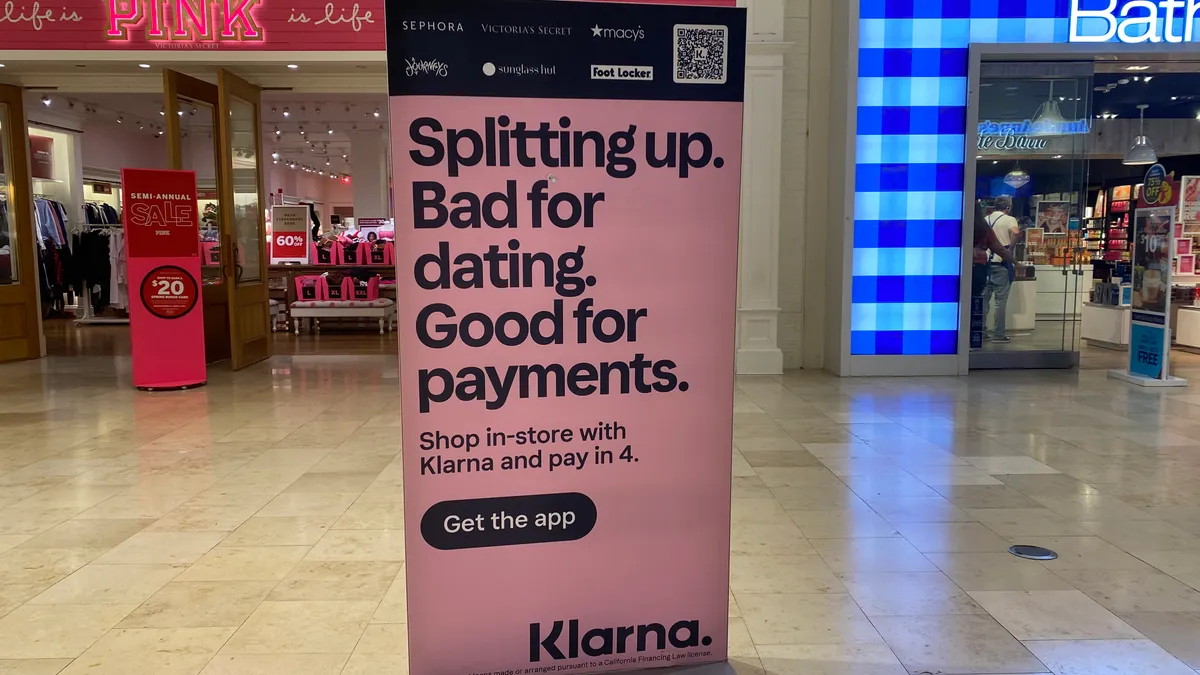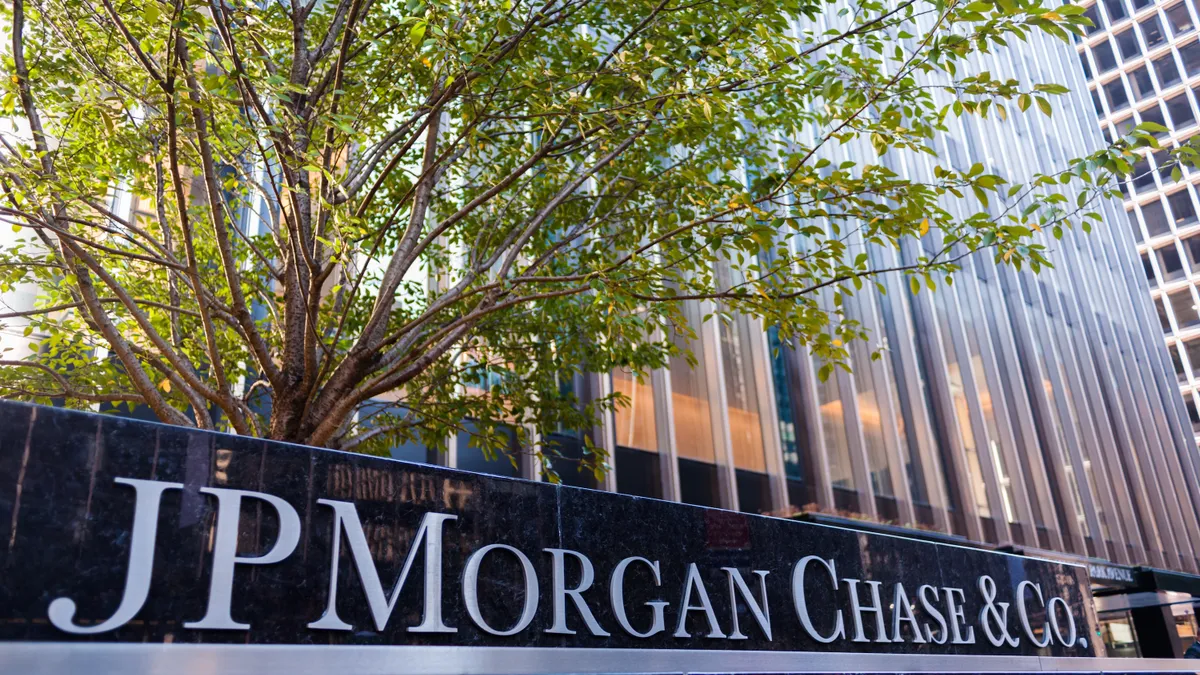In a consumer and small business report issued last month, Mastercard zeroed in on cross-border payment headaches affecting consumers in the U.S. and other international markets as they transact between countries.
The company’s survey research showed that consumers are grappling with inflation, searching for economic security and planning to execute cross-border payments more frequently, according to the report. Meanwhile, small and mid-sized businesses are navigating poor payment experiences with international suppliers and bracing for cross-border payment fraud.
Mastercard, the no. 2 U.S. card network, said it surveyed 7,627 consumers, 2,333 small- and mid-size businesses and 1,309 gig workers across 15 countries in North America, Latin America, Europe, Africa, and the Asia-Pacific and Middle East regions for the report on cross-border payments. Responses were collected between July 13 and August 1 this year.
“The past few years have proven that our global economy depends on seamless connections — of people, raw materials, goods and services,” Alan Marquard, executive vice president of transfer solutions at Mastercard, said in a statement. “Among these important connections, the ability to make and receive payments quickly and easily is crucial, but failed, late and fraudulent payments risk undermining trust in these crucial networks. We must come together to enable money to move more safely, simply, reliably and transparently.”
Though most survey respondents said their incomes have remained the same or increased, the current state of the economy has taken a great toll on their finances. According to the survey, 85% of respondents identified as cross-border consumers said their income remained stable or rose, but 53% said “the economic climate has had a significantly negative” effect on their finances. Plus, 52% of survey respondents said they’ve tapped savings to pay for everyday expenses, and 40% reported struggling to pay their bills.
The survey findings build upon previous research suggesting that consumers increasingly rely on credit to sustain their finances. Nearly four in 10 respondents said they rely on credit to cover their expenses, according to the Mastercard survey. Consumer credit card debt in the U.S. rose 4.6% from Q1 2023 to $1.03 trillion, according to data from the Federal Reserve Bank of New York’s Center for Microeconomic Data released in August.
Despite their tight budgets, Mastercard’s data indicates consumers will send more cross-border payments to help their financially cash-strapped family members. Nearly half (49%) of U.S. survey respondents said their relatives abroad are struggling with the current economic climate and need their financial support. Some 53% of U.S. respondents agreed with the statement “I have sent more money internationally because I have been concerned about my family abroad.”
Still, less than half of U.S. respondents expect to send more cross-border payments over the next 12 months (44%), or receive such payments (38%). Worldwide, 41% of survey respondents said they plan to send more payments to other countries, and 48% expect to receive more cross-border transactions, the survey found.
The expected rise in cross-border payments might partially be explained by workers relocating for better financial prospects. For instance, nearly three-fourths (72%) of workers in India said they are considering moving abroad or working abroad in the next three years — the highest percentage among those results — followed by South Africa (71%) and Columbia (69%). By contrast, only 41% of U.S. consumers said the same.
Regarding the payment options available to them, consumers pointed out the need for faster, simpler and more trustworthy cross-border payment platforms. As workers consider whether to move abroad, they reported payment-related concerns, including sending money back home (28%), opening a new bank account (25%) and building their credit (24%). More than half (52%) of survey respondents said cross-border payments are typically slower than domestic transfers, and nearly half (46%) said it’s “more difficult to make a cross-border payment” than a domestic one.
The rise in international payments might also be attributed to more small- and mid-sized businesses transacting with global vendors and suppliers. According to Mastercard’s survey, 75% of small and mid-sized businesses overall and 71% of U.S. small businesses “are planning to do more business internationally.”
Business-to-business payments have been expected to grow in recent years. Cross-border B2B payments are expected to exceed $40 trillion by the end of next year, increasing from $37 trillion last year, according to a Juniper Research forecast issued earlier this year.
Among top concerns for small and mid-size business owners regarding cross-border payments: falling victim to fraud (41%), poor foreign exchange rates or high transfer fees (40%), the lack of transparency on the cost of the transaction (35%), slow fund delivery (32%) and payment restrictions in the destination country (32%), per Mastercard's survey.
Gig workers are also feeling the pinch of the economic climate. Nearly two-thirds of gig worker respondents to Mastercard's survey said that the economy has affected their finances (63%) and they have dipped into their savings to pay for their living expenses (61%). One in ten consumers transacting via cross-border payments are gig workers, according to the report.
Mastercard’s research further contextualizes other reports detailing cross-border payment woes, but international payment bodies are working to simplify the complex process of international money transfers. The Bank for International Settlements, the International Monetary Fund, the World Bank Group, the Committee on Payments and Market Structures and The Innovation Hub released a report in January examining the benefits, difficulties and risks of improving cross-border payments through a new international platform, or by using the current domestic and international payment systems.
International payment bodies are also working to streamline cross-border payments. The Society for Worldwide Interbank Financial Telecommunication, better known as Swift, said it has made improvements in speeding up delivery of payments. The company contended earlier this year that 89% of its network transactions reach their endpoint in an hour.
“Fast, secure and transparent money transfers help our customers and partners empower consumers, gig workers and [small and mid-size businesses] amid the financial stress and reduced earning power of today’s economy,” Marquard said in a statement. “As we move towards economic recovery and growth, Mastercard solutions meet the changing ways people live, work and do business in a growing global economy.”




















